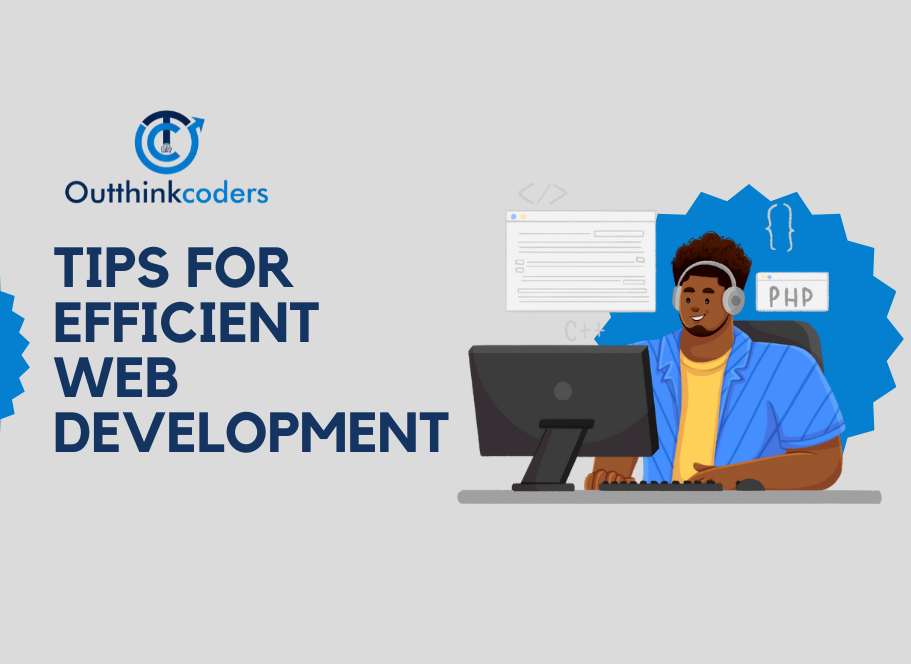In the fast-paced digital landscape, user experience is paramount, and a crucial aspect of that experience is website performance. Slow-loading websites can lead to frustrated users and increased bounce rates. To ensure a seamless online experience, web developers must prioritize optimizing website performance. Here are some valuable tips for efficient web development that can enhance the speed and responsiveness of your website.
- Image Optimization:
Large image files can significantly slow down a website. Utilize image compression techniques and choose the appropriate file formats to maintain visual quality while reducing file sizes. Responsive images and lazy loading can also contribute to faster page loading times. - Minimize HTTP Requests:
Each element on a webpage, such as images, stylesheets, and scripts, requires a separate HTTP request. Minimize these requests by combining files, reducing unnecessary elements, and utilizing CSS sprites for small images. - Browser Caching:
Implementing browser caching allows frequently accessed resources to be stored locally on a user’s device. This reduces the need to reload these resources for subsequent visits, leading to faster load times. - Content Delivery Network (CDN):
Leverage the power of a Content Delivery Network to distribute your website’s static files across multiple servers worldwide. This ensures that users receive content from a server geographically closer to them, improving load times. - Optimize Code:
Clean and optimized code is essential for efficient web development. Minify CSS, JavaScript, and HTML files to remove unnecessary characters without affecting functionality. Regularly review and refactor code to eliminate redundancies and improve overall performance. - Utilize Browser Rendering:
Prioritize the critical rendering path by ensuring that essential content is loaded first. Optimize stylesheets and scripts to prevent render-blocking, allowing users to access meaningful content quickly. - Mobile Optimization:
With the increasing use of mobile devices, it’s crucial to optimize websites for various screen sizes. Implement responsive design practices to create a seamless experience across desktops, tablets, and smartphones. - Reduce Server Response Time:
Optimize server configurations, utilize caching mechanisms, and choose a reliable hosting provider to minimize server response times. A fast server response is fundamental to a quick-loading website. - Monitor and Analyze Performance:
Regularly monitor website performance using tools like Google PageSpeed Insights, Lighthouse, or GTmetrix. These tools provide insights into areas that need improvement, allowing developers to make informed optimizations.
Conclusion:
In the competitive online landscape, a fast and responsive website is crucial for retaining users and achieving business goals. By incorporating these tips into your web development strategy, you can optimize website performance, providing users with a seamless and enjoyable browsing experience. Remember, a faster website not only improves user satisfaction but also positively impacts search engine rankings.



